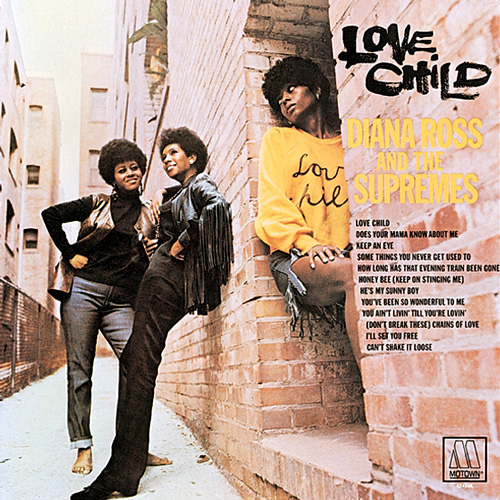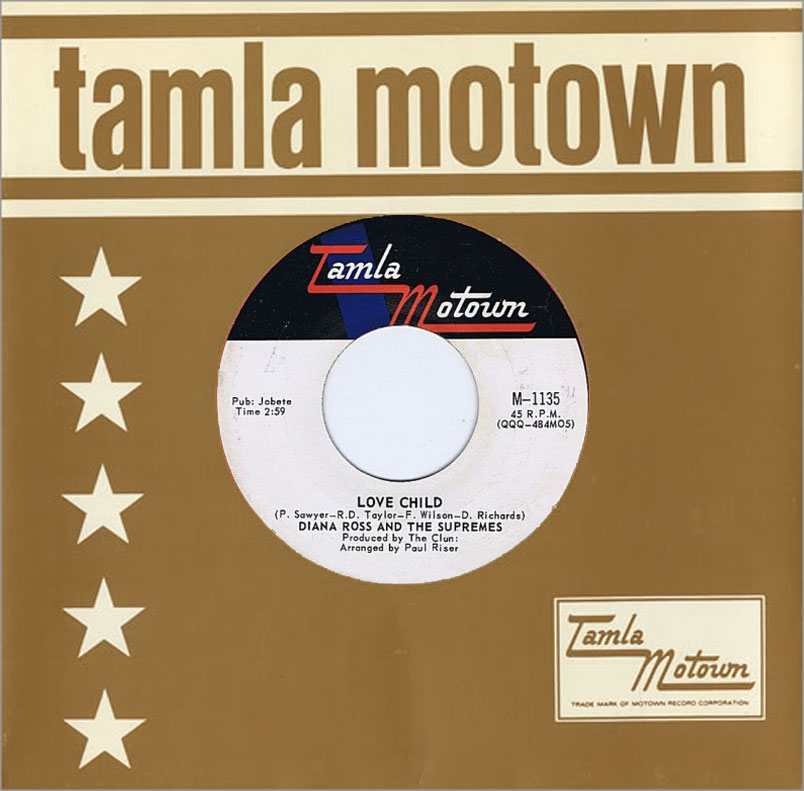When you’ve written a good hook it’s natural to want to repeat it as much as possible. It’s also natural to assume that the goal, by the end of the song, is to leave the listener fully satiated.
But if they’re satiated, what’s the motivation to start the song over for another listen? And that’s what you want, isn’t it? A song people can’t get enough of?
Of course dancefloor producers and rock bands have explored the journey-within-a-song aesthetic to great effect, creating many masterpieces over five…seven…even ten minutes long. But if you’re learning to write and you want to reach a lot of people with your music, it pays to set aside the notion that a magnum opus will come out of you before you learn the craft of writing economically.
So, if there is a very special moment in a song, consider not repeating it. Focus instead on coming up with another great melodic moment somewhere else in the song, and don’t write extra verses just to beat the subject matter to death lyrically. Give the listener a reason to put your song on repeat.
When it comes to songwriting economy I can think of no better example than ‘Love Child’ by Diana Ross & The Supremes.
Clocking in at 2:59 the song is a good 10-20 seconds longer than many Motown singles, but that’s probably because there’s enough character and story development in there to write a screenplay.
Released in 1968, the song appeared at a time when writers other than mainstays Holland-Dozier-Holland were being brought into the Motown fold; a time when the label was making a point of moving from innocuous ‘going steady’ lyrics to more socially conscious subject matter.
‘Love Child’ tells the story of a girl who is refusing to take the chance of becoming pregnant by her boyfriend–asking him to wait until they’re married–because she herself was born to an unwed mother, suffering discrimination as a result. The notion of living with the shame of being a ‘love child’ is a bit dated now. But at the time it was edgy material, and the song retains a cooled-out stylistic timelessness.
The economy of the writing is astounding. In just a few sentences we find out who she is; what she and her mother went through; what her father did; what her boyfriend wants from her; what the baby they might have would go through; details around the argument they’re having; and that she knows she’ll always love her boyfriend even if she loses him over her non-negotiable stand:
Love Child
(Pamela Sawyer/R. Dean Taylor/Frank Wilson/Deke Richards)
Prechorus 1
You think that I don’t feel love, but what I feel for you is real love. In those eyes I see reflected a hurt, scorned, rejected…
Chorus 1
Love Child, never meant to be, Love Child, born in poverty, Love Child, never meant to be, Love Child, take a look at me
Verse 2
Started my life in an old cold run down tenement slum. My father left, he never even married mama. I shared the guilt my mama knew, so afraid that others knew I had no name
Prechorus 2
This love we’re contemplating, is worth the pain of waiting. We’ll only end up hating the child we may be creating
Chorus 2
Love child, never meant to be, Love Child, scorned by society, Love Child, always second best, Love Child, different from the rest
Break/Bridge
Hold on, hold on…Hold on, hold on…
Verse 3
I started school in a worn, torn dress that somebody threw out. I knew the way it felt to always live in doubt, to be without the simple things, so afraid my friends would see the guilt in me
Prechorus 3
Don’t think that I don’t need you. Don’t think I don’t want to please you. But no child of mine will be bearing the name of shame I’ve been wearing
Chorus 3
Love Child, Love Child, never quite as good, afraid, ashamed misunderstood
Tag
But I’ll always love you. Wait, won’t you wait now, hold on. I’ll always love you.
‘Love Child’ has no first verse. In an uncommon but inspired move, the writers decided to cut to the first pre-chorus after the song’s short intro. As the pre-chorus is a tension-builder, this serves to set an urgent tone immediately, as opposed to the methodical feeling of beginning with a verse, or giving the mystery away by beginning with the chorus.
Aside from a few poetic descriptive phrases like ‘old cold run down tenement slum’ and the outdated ‘scorned by society,’ the song is written in plain english. In the opening line (‘you think that I don’t feel love, but what I feel for you is real love’) there is no attempt to select ornate, profound-sounding language…but in a short series of single-syllable words we learn what’s happening under the surface: her boyfriend is trying to pressure her into having sex by accusing her of being emotionally unresponsive, while she asserts that the act of waiting to have sex is a manifestation of real love.
Because this song comes in at less than 3 minutes, and because each and every line is a hook unto itself, even maximizing opportunities to fill in the storyline in the choruses with phrases cleverly disguised as ad libs, it’s one of those singles that begs repeated plays. This is when radio happily puts a single into high rotation, and this is when an audience chooses to spend their time listening to a particular artist’s work…rather than the artist having to cajole them into it.


